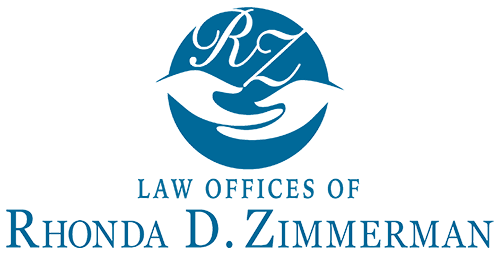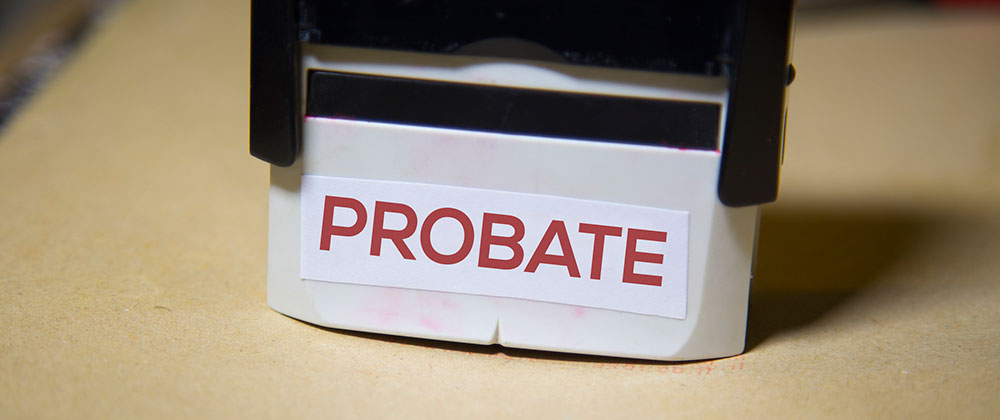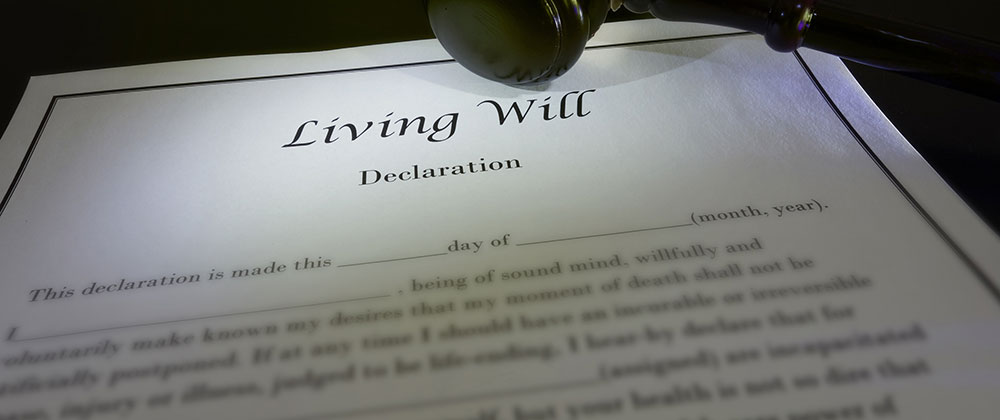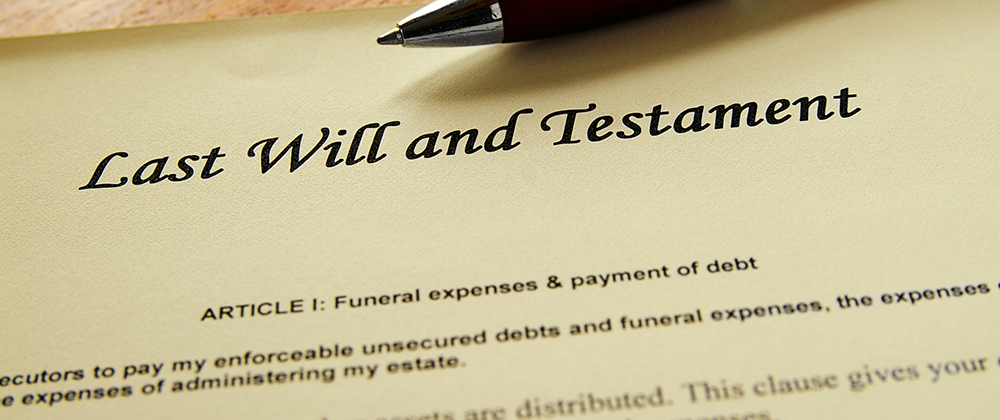When someone passes away in Florida, his or her estate might have to go through the probate process. This process is supervised by the probate court and is used to identify the assets of the deceased person and his or her beneficiaries. The probate process is also designed to provide potential creditors with an opportunity to file claims against the estate. A Broward probate lawyer at the Law Office of Rhonda D. Zimmerman, Esq. can provide assistance to family members who are preparing to go through the probate process.
How the Florida Probate Process Works
When someone dies and leaves a valid will behind, anyone who has the will is required to file it with the probate court. The original will document should be filed in the county in which the deceased person last lived. For example, if the deceased person lived and passed away in Fort Lauderdale, the will should be filed in probate court in Broward County. If the person died without a will, then his or her assets will be distributed according to the state’s intestate succession law. This statute provides a default scheme for distributing assets to people with specific familial relationships with the deceased person.
Determining whether Probate Is Necessary
If the deceased person left probate assets behind, the estate will need to go through the probate process. These include assets that are solely titled in the deceased person’s name without a beneficiary designation or a payment-on-death designation. Probate assets must be passed through the probate process. Non-probate assets are passed outside of the probate process.
People will need to confirm how a decedent’s home or other real estate is titled by going to the Broward County Property Appraiser’s office. If the real estate is only in the name of the decedent, it will need to be probated. The executor or personal representative will want to have the deceased person’s mail forwarded to him or her to watch for statements from financial institutions. Any accounts that do not have payable-on-death designations and are in the sole name of the deceased person will need to be probated.
If the real property of the estate is sold, the sales proceeds will be held by the Broward probate lawyer in a trust account or kept within the estate until the court orders otherwise. When an executor or administrator files a petition with the court asking for an order to sell real property, this order restricting how the sales proceeds will be held must be included. To establish a restricted depository and making the probate administration process faster, contact Fort Lauderdale estate planning attorney Rhonda D. Zimmerman, Esq.
Probate for Non-Residents
If someone passes away in a different state where he or she lived but owns probate assets in Florida, an ancillary probate process will need to happen in Florida to transfer the assets. First, the estate in the state where the deceased person lived will need to be established. Once the executor or administrator is appointed in that probate case, the Florida court where the property is located will need to be petitioned to begin the ancillary probate process for the probate assets located in Florida.
If someone lived somewhere else but owned real estate, a timeshare, or other property in Florida that would require the signature of an administrator or executor to transfer or discharge, the ancillary probate process will be necessary.
Contact the Law Office of Rhonda D. Zimmerman, Esq.
If your loved one has passed away with or without a will in Broward County or owned property in the county, you should talk to Fort Lauderdale estate planning attorney Rhonda D. Zimmerman, Esq. Contact us today to schedule a consultation by calling 965-567-1060.




